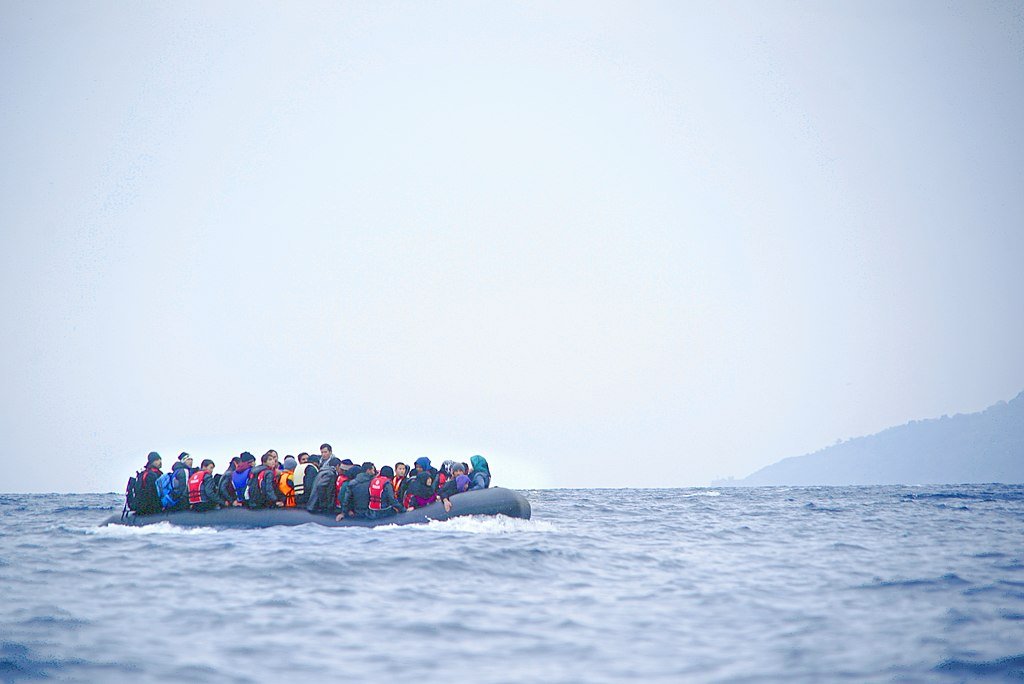Photo courtesy of Mstyslav Chernov/Unframe via Wikimedia Commons
A boat carrying over 200 migrants from Turkey o Italy sank off the coast of Calabria on Feb.26.
By Sarah Bell ’25
Staff Writer
Content warning: This article discusses mass death.
On Feb. 26, 2023, a small wooden boat carrying over 200 passengers collided with rocks off the coast of Calabria in the southern region of Italy, BBC News reported. The boat had originally sailed from Turkey a few days prior to the crash and sunk due to collision during rough weather conditions.
At least 63 migrants, including 12 children, have died from the accident. Most of the passengers were from Pakistan, Iran, Afghanistan, Syria and Somalia. According to BBC News, the coastguard reported that at least 80 people have survived, with many more currently unaccounted for. BBC News explained that Italy has become an accessible landing destination for migrants coming from Turkey to either settle or continue to Western or Northern European countries.
The crash sparked debate regarding migration within Europe — specifically Italy in this case — due to Italy’s recently elected right-wing government led by Prime Minister Giorgia Meloni, a Reuters article explained.
Meloni stated that her government “is committed to preventing departures,” and hopes to work in cooperation with migrants’ countries of origin. According to Reuters, she went on to accuse migrant rescue charities of encouraging migrants to attempt dangerous journeys and to work with traffickers. Many charities strongly rejected the accusations and amplified the need to help the ongoing migrant crisis.
According to Al Jazeera, Shahida Raza, a former hockey player who represented Pakistan, has been identified as one of the victims. Raza, who also excelled in football and martial arts, was making the journey in search of a better future for her disabled son. Her friend, Summaya Kainat, explained to Al Jazeera that Raza believed that seeking refugee status was easier to obtain than a regular visa.
Secretary-General of the United Nations António Guterres called for international cooperation in the creation of safer travel routes and rescue operations for migrants, BBC News stated. Francesco Creazzo of SOS Méditerranée, a non-governmental organization, explained to BBC that “it reminds us all that the Mediterranean is a giant mass grave, with tens of thousands of souls in it, and it continues to widen.”
He continued, saying that “now the words ‘never again’ are not even pronounced anymore. We only hear ‘no more departures,’ but unfortunately, people keep venturing on this journey and they keep dying.”

